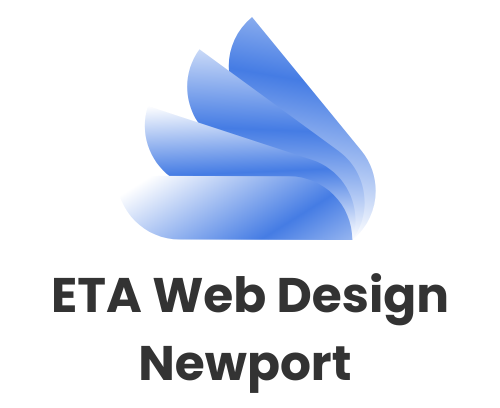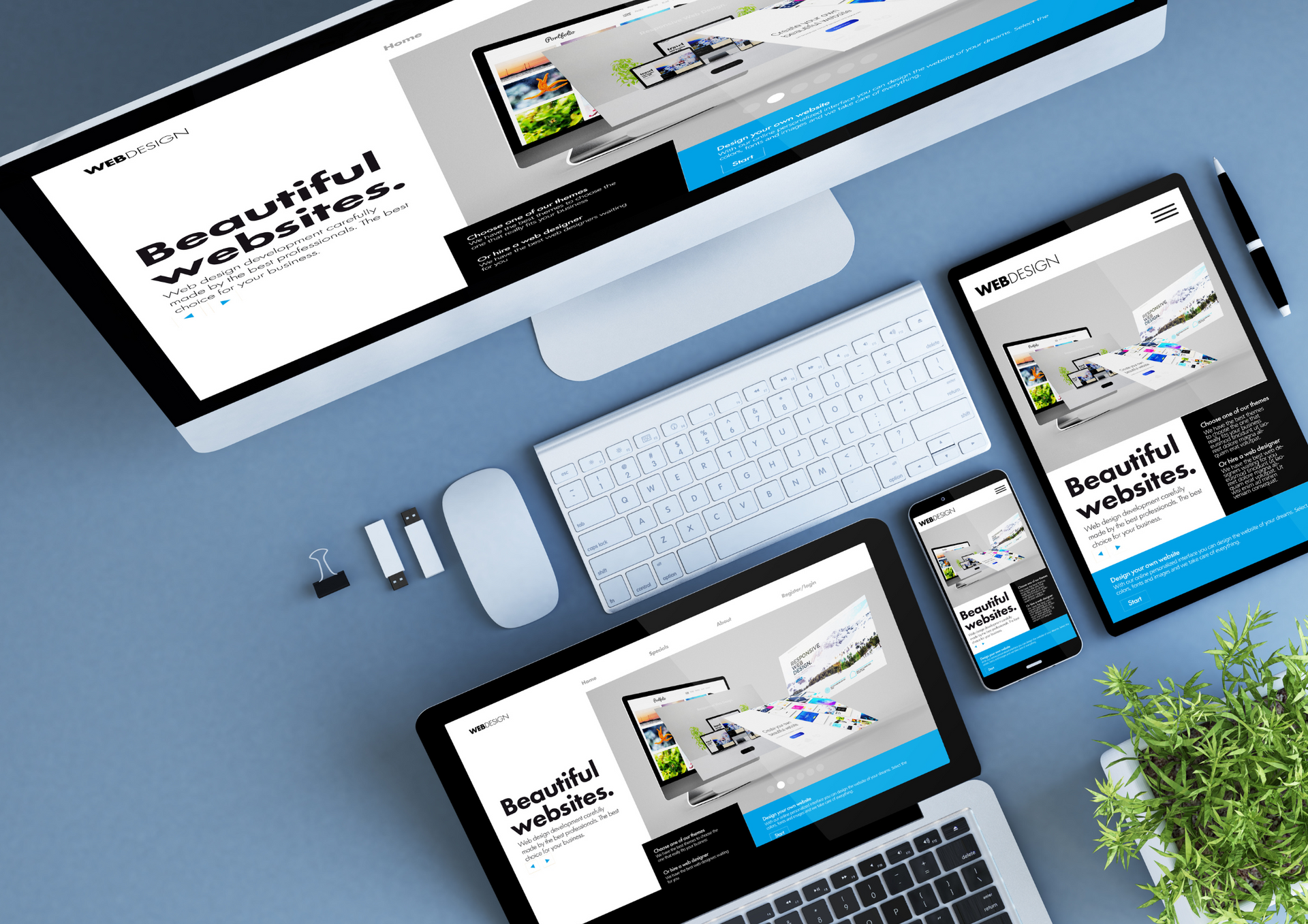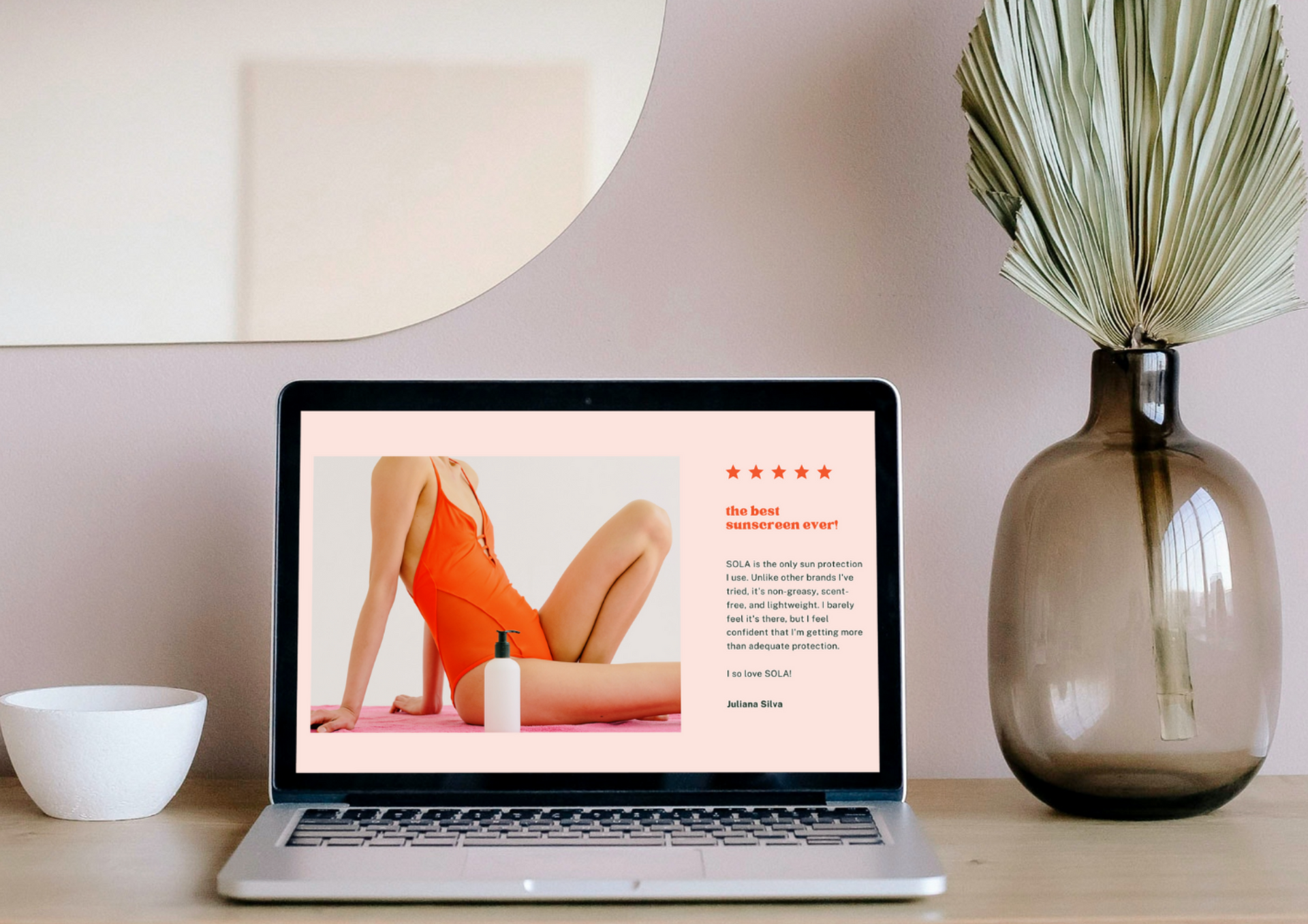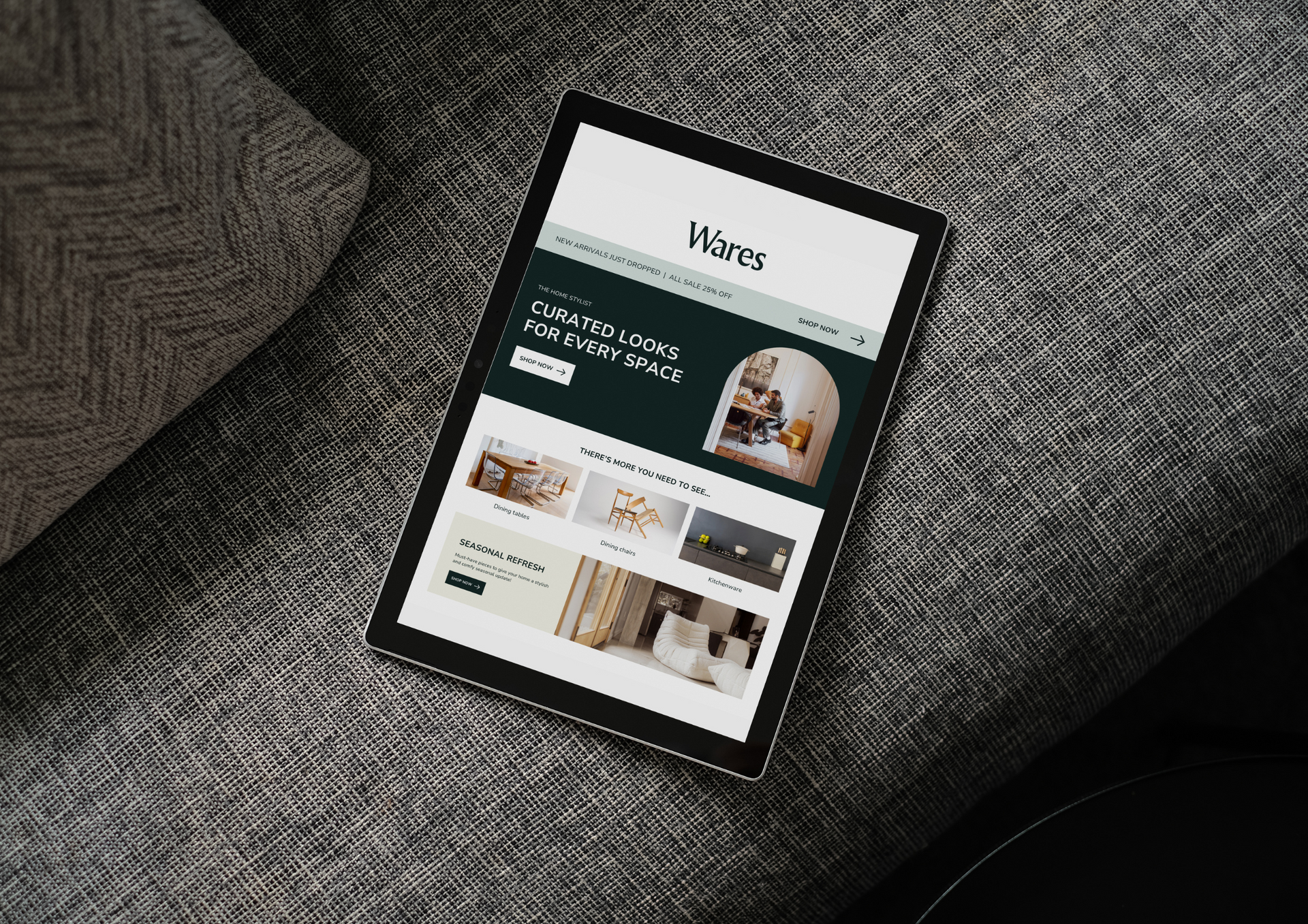Creating a professional and high-performing website is one of the most valuable investments a business can make. With digital competition growing stronger every day, the right website makers can help you turn your online presence into a sales-driving asset. Whether you run a homeware brand, a health and wellness business, or a retail store, your website often gives the first impression of your brand’s quality, trust, and credibility.
But before you hire a team to build your digital storefront, there are key things every entrepreneur or business owner should know.
Understand Your Business Goals First
Before you start looking for website makers, you need complete clarity on what you want your website to achieve. Is it meant to drive online sales, generate leads, or simply showcase your brand’s story? Having a clear vision helps ensure your design team builds something that supports your objectives.
For example, a wellness business might focus on appointments and service booking, while a retail brand might prioritise online transactions and product visibility. When your business goals are clearly defined, your design can be aligned with measurable outcomes—such as conversions, customer engagement, and brand recognition.
Evaluate Their Portfolio and Experience
A design portfolio is more than a showcase of past work—it’s a window into a designer’s skill, creativity, and reliability. Reviewing past projects allows you to assess whether their design style suits your brand’s identity. Look for websites that are visually appealing but also functional, responsive, and user-friendly.
If you’re seeking something truly custom and tailored, partnering with a professional website builder can ensure your project is handled by experts who understand the intricacies of design, coding, and branding. Their experience can help you avoid common pitfalls and achieve a smooth, efficient development process from concept to completion.
Know the Technology Behind the Design
When hiring someone to create your website, you’ll want to understand the technology that will power it. The platform your site is built on affects everything—from how easily you can update content to how well your site performs on search engines.
Choosing the
best website builder or platform for your needs is crucial. For example, WordPress is popular for flexibility, Shopify is great for ecommerce, and bespoke platforms offer fully tailored functionality. It’s also important that your chosen platform supports mobile responsiveness, security, and scalability. The right technology ensures your website runs efficiently and can grow as your business evolves.
Consider Scalability and Future Growth
A good website should grow with your business, not hold it back. When planning your web project, think long-term—how will your website perform as your brand adds new products, services, or markets? Your site should be built with scalability in mind, so future changes don’t require a complete rebuild.
For brands selling products online, working with an ecommerce website builder ensures the right systems are in place for secure payments, easy product management, and seamless customer experiences. Scalable design also means your site can handle increased traffic, integrate with third-party tools, and stay future-ready.
Transparency in Pricing and Communication
Clear communication and transparent pricing are the foundations of a successful project. Before hiring anyone, make sure you understand the full scope of services, timelines, and payment structures. A trustworthy design agency will provide a detailed proposal outlining what’s included and what’s not—helping you avoid hidden costs later on.
Reliable website makers should also keep communication open at every stage of the project. You should feel confident asking questions, requesting progress updates, and providing feedback. This collaborative approach ensures your vision is realised accurately and efficiently.
Prioritise User Experience (UX)
Your website is not just for you—it’s for your users. A design that looks beautiful but confuses visitors won’t help your business grow. When choosing a designer, ask how they approach user experience. Do they conduct research into your target audience? Do they test navigation and usability?
The ideal design balances aesthetics with functionality. For example, homeware brands might benefit from high-quality visuals and product filters, while health and wellness websites might focus on clear service information and simple booking options. The goal is to create a site that feels natural to navigate and encourages action.
Check SEO Knowledge and Implementation
Search Engine Optimisation (SEO) is not an optional extra—it’s an essential part of design. Without SEO-friendly design and coding practices, your website might look good but fail to attract organic visitors.
Before hiring a designer, ask about their understanding of SEO basics such as mobile responsiveness, site speed, image optimisation, and keyword integration. A designer who builds with SEO in mind helps ensure your site ranks better on Google and reaches more potential customers.
Confirm Support and Maintenance Services
A website is not a one-time project; it requires ongoing care and maintenance. Once your site goes live, regular updates, security patches, and technical monitoring are essential to keep it performing well.
Before signing a contract, ask your designer about post-launch support options. Will they provide maintenance packages or training so your team can manage updates independently? Knowing what support is included helps you avoid downtime and technical issues later.
Review Client Testimonials and Feedback
Testimonials and case studies reveal a lot about how a designer or agency works with clients. Take time to read reviews, look for repeated positive feedback, and note how they handle challenges or revisions.
A designer’s reputation reflects their reliability and professionalism. When clients speak highly about responsiveness, creativity, and delivery, it’s usually a sign of consistent quality. Ask for references or examples of similar projects within your industry for added reassurance.
Value Creativity and Strategic Thinking
While technical ability is essential, creativity and strategy are what make a great website stand out. A designer should understand your brand personality, values, and tone of voice—and translate them into visual and interactive design.
The best web projects come from designers who think beyond templates and focus on crafting experiences that connect emotionally with users. By blending creativity with business strategy, your website can do more than look good—it can actively drive results.
Hiring the right
website builder is one of the most important decisions you’ll make for your brand’s online success. From setting clear goals and evaluating portfolios to understanding technology and ensuring transparency, each step helps you make an informed choice.
A well-designed website reflects your brand’s credibility, enhances user experience, and supports long-term growth. Taking time to select the right team ensures you’ll end up with a website that not only looks professional but performs exceptionally—helping your business stand out and thrive in today’s competitive digital world.
At
ETA Web Design Newport, we specialise in building bespoke, high-performing websites that help businesses achieve real growth. Our team combines creativity, technical expertise, and a deep understanding of modern branding to deliver designs that work—visually, strategically, and commercially.
We tailor every project to the specific needs of each client, ensuring a seamless balance between beauty and functionality. Whether you’re a start-up, retailer, or established wellness brand, we focus on building scalable and results-driven websites that evolve with your business.
Don’t miss it on X:
Website makers – 10 key things to check before you hire!




